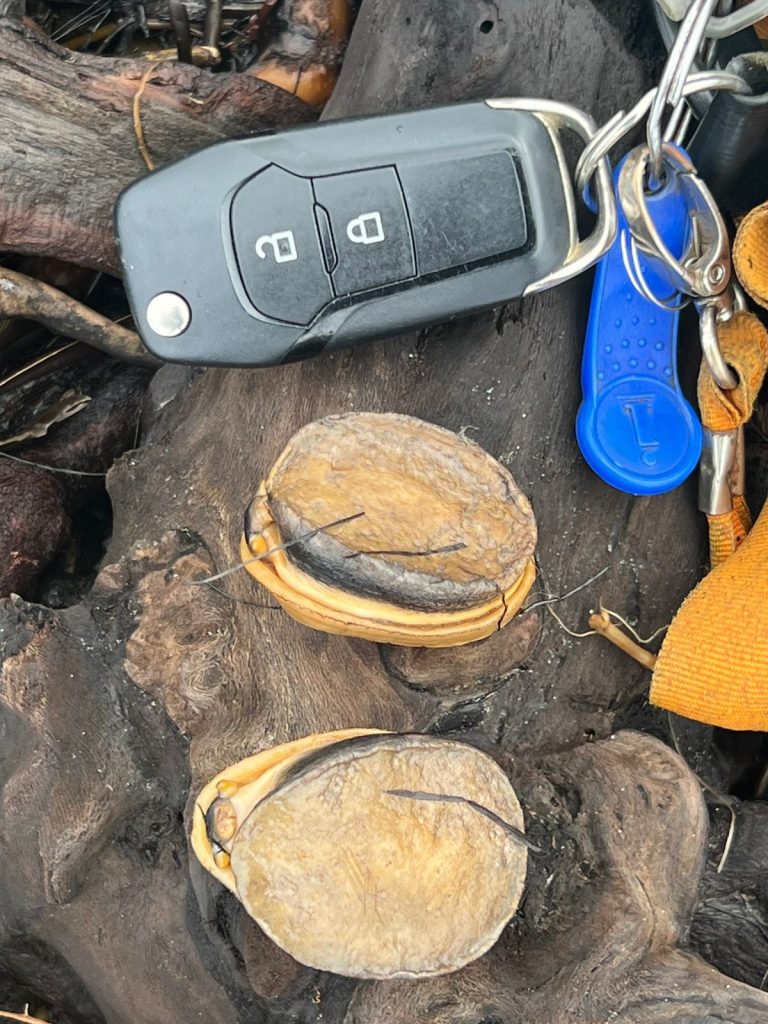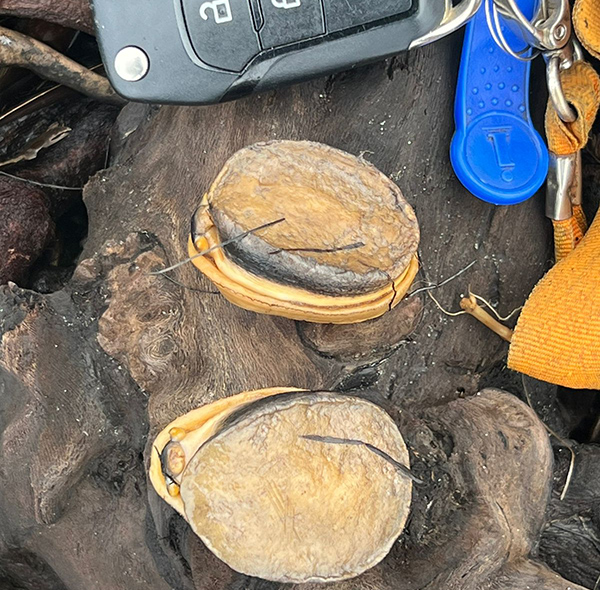Beach walkers might have noticed abalone, alikreukel and other invertebrates washed up along the coastline. The Department of Forestry, Fisheries and the Environment (DFFE) is expecting more of these species to wash out next week.
They advised that the collection and consumption of abalone and any other marine shellfish, should be avoided for at least six weeks after the event.
WHY ARE SO MANY SHELLFISH WASHING OUT ON OUR BEACHES?
This is likely a result of the exceedingly high rainfall and flooding over the past week. The fresh flood water diluted the salty seawater in the nearshore. Fish tend to move away from these areas, but slower and sessile (slow or non-moving) invertebrates cannot and become physiologically stressed by the fresher water. This is likely why mostly abalone and other molluscs washed up, while other species such as fish and rock lobster swam and/or walked away. Marine shellfish tend to become stressed when the saltiness of seawater drops below 30 grams per litre, the threshold at which they let go and wash up is a salinity of about 20 grams of salt per litre. Seawater is 35 grams of salt per litre.
WHAT DOES THIS MEAN FOR ABALONE NUMBERS
– already threatened by poaching, especially in the areas where they have now washed out?
DFFE confirmed that these washout ‘events’ have been localised and not all abalone or other shellfish in those areas have been compromised. Some individuals are tougher than others and most of the extreme drops in salinity to less than 20 grams of salt per litre, were in the immediate, shallow nearshore. The impact on abalone compared to poaching is likely minimal.



